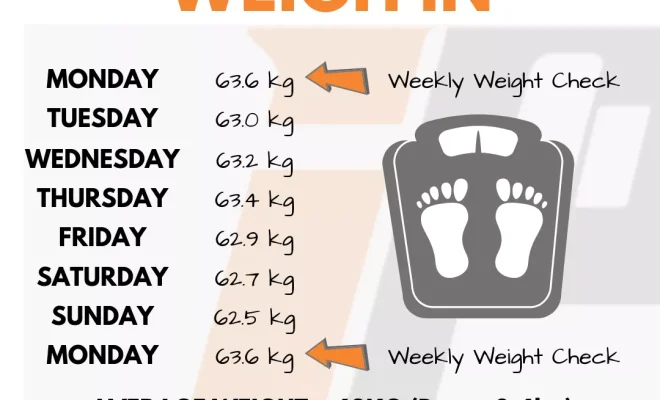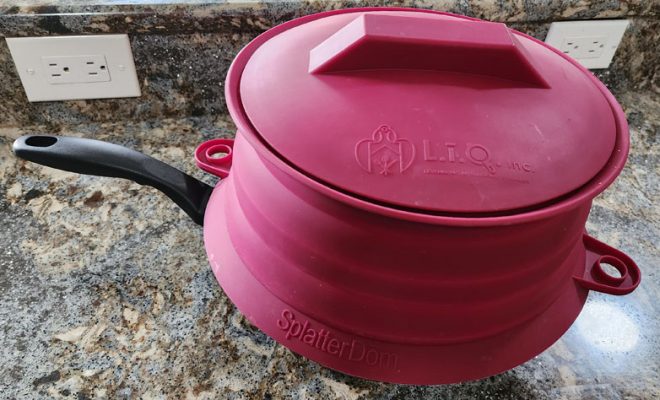How Often Should You Weigh Yourself, Really?

When it comes to tracking your weight loss and fitness progress, weighing yourself can be an essential tool. However, many people are left wondering: How often should you weigh yourself, really? The answer to this question varies depending on individual goals, personal circumstances, and preferences.
1. Daily Weigh-ins
Some experts argue that weighing yourself daily can be beneficial for specific goals. This frequent monitoring can keep you accountable and help you notice subtle changes in your weight due to factors such as hydration levels or sodium intake. For those trying to maintain their current weight or lose a small amount gradually, daily weigh-ins may provide motivation and prevent sudden weight gain.
However, there are also downsides to daily weigh-ins. They can become obsessive for some individuals who may fixate on minor fluctuations rather than focusing on the bigger picture of overall progress. Additionally, fluctuations in daily weight might be misinterpreted as actual weight gain or loss when they could be related to temporary factors like water retention or digestion.
2. Weekly Weigh-ins
For many people, weighing themselves once a week may be the most manageable approach. Weekly weigh-ins provide a balance between monitoring progress and avoiding obsessiveness over daily fluctuations. By comparing your weekly weigh-ins, you get a more accurate and consistent picture of your progress toward your goal.
Remember that the day you choose for your weekly weigh-in should remain consistent from week to week. Different days may present distinct variables (e.g., weekends might involve more indulgent meals). To get an accurate view of your progress, pick a day that works best for your routine and stick with it.
3. Taking a Break from the Scale
For those focused primarily on muscle gain or improving athletic performance, it might make sense to take breaks from strict weigh-in schedules or even discard the scale altogether. In these cases, alternative methods for assessing progress may be more helpful. Monitoring body composition, energy levels, and athletic performance metrics can provide more relevant data than just your weight.
Additionally, some individuals may struggle with emotional or mental health issues related to their body image. For these individuals, it could be wise to take a break from the scale and focus on building a healthy relationship with their bodies, food, and exercise.
In Conclusion
The frequency at which you weigh yourself ultimately depends on your personal goals and needs. Whether it’s daily, weekly, or not at all – the essential factor is to find a method that works for you and promotes your well-being. Keep in mind that the scale is just one tool for assessing progress and should be used alongside other measurements such as strength gains and improvements in overall health. Finally, remember that weight loss and fitness journeys should be rooted in self-care, love, and acceptance.






